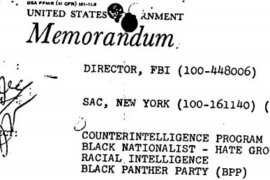With income inequality on the rise in Israel, public officials should be introducing policies that attempt to close the gap, or at the very least not take advantage of the lower income workers.
This is why I was so disappointed that the Tel Aviv city council approved public transportation service for Shabbat that will cover all of Tel Aviv and much of Gush Dan.
One and a half years ago, a similar debate was raging in Jerusalem, and I wrote about the social consequences of excluding the working class (specifically bus drivers, retail workers, and others in the service industry) from the national day of rest.
Shabbat has the opportunity to be a societal equalizer, and keeping public services running on Shabbat will, at best, only pressure workers to work on the day their children are off from school and their neighbors off from work. At worst, workers committed to safeguarding Shabbat will risk losing their jobs or not getting hired in the first place.
Last month’s proposal to keep buses running in Gush Dan was formally approved by a 19-6 majority. To me, Tel Aviv is the city that best exemplifies the State of Israel’s wage gap – the city boasts a hub of high-tech startups and huge multinational corporations alongside entire communities that the city council has clearly given up on maintaining, with decrepit buildings and trash in the streets.
The Tel Aviv city council approved a 1.5 million NIS budget to operate buses on Shabbat, when that money could have instead been used to bring up the struggling working class, maybe even by raising the wages for bus drivers for the other six days of the week.
This decision was a step backwards for progress in Israeli society.





